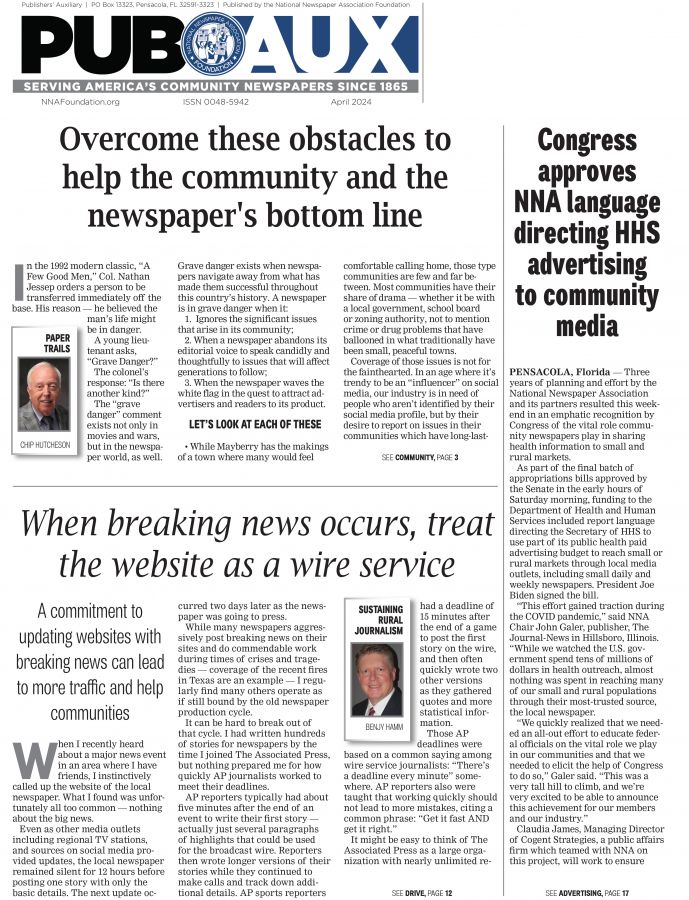Gorsuch’s path to Supreme Court highlights issue of independence in the judiciary
May 3, 2017
Chris Bowling
NNAF News Fellow | University of Nebraska-Lincoln
After a historic filibuster that pushed Senate republicans to utilize the “nuclear option,” Judge Neil Gorsuch passed his confirmation process and was sworn in as a U.S. Supreme Court justice, April 7, 2017.
The process has called into question what it means to have an independent court system—one that ideally is free of the infighting of Congress—has the vision of the president and the will of the people, so as to best make a fair decision.
That’s been highlighted in the deeply political last steps to obtain Gorsuch’s confirmation, as well as the preceding hearings and surrounding conversations. They contained questions that attempted to ascertain where Gorsuch stood on the political spectrum for key issues.
But when it came to how politics affects his decisions, Gorsuch had a simple response.
“I go through it step by step and keeping an open mind through the entire process as best as I humanly can,” he told Sen. Chuck Grassley, R-IA, at his confirmation hearing March 21. “And I leave all the other stuff at home, and I make a decision based on the facts and the law. Those are some of the things judicial independence means to me.”
For some, it was the right answer. However, others were skeptical.
A September 2016 Gallup poll found that 39 percent of Americans believe the Supreme Court is about right in balancing liberal and conservative ideologies, the lowest since 2003. In the same survey, 37 percent felt the court was too liberal.
In addition, a Supreme Court justice’s appointment is often used as a political tactic to secure a more conservative or liberal voice on the court. It’s a move that sometimes backfires.
That happened in the 2012 Supreme Court case of National Federation of Independent Business v. Sebelius, in which the Court held that Congress had the power to enact most provisions of the Affordable Care Act, commonly known as Obamacare. Chief Justice John Roberts, appointed by President George W. Bush, wrote the majority opinion.
It was something that shocked many legislators and made them more cautious and inquisitive of the Supreme Court.
It also heightened the need for transparency and clarity, said Mark Dreiling, chief of staff for Rep. Don Bacon R-NE. That was the main focus of the health-care bill spearheaded by Speaker of the House Paul Ryan, R-WI.
“When the legislative process is transparent, when members of the legislature give their due diligence in the writing of that legislation and the work to make sure it’s well written legislation, that will diminish the possibility that these types of things will happen,” Dreiling said.
Although that bill ultimately sputtered out, the mark of National Federation of Independent Business v. Sebelius was left on it and the minds of legislators who had a renewed interest in the black box of the Supreme Court.
It’s why senators repeatedly pressed Gorsuch on past rulings, trying to find meaning between the lines or lead him to an answer.
One point of contention was Gorsuch’s identification as a constitutional originalist—someone who uses strict readings of the U.S. constitution to inform his decision on how government should operate.
Some denounce orginalism has a nuanced way to address the changing needs of government, however, Trevor Burrus, a research fellow in the Cato Institute’s Center for Constitutional Studies, sees it differently.
He said there are a lot of good ideas out there, but if they don’t fall within the parameters the Constitution sets forth, they’re moot. The Constitution, he said, is a contract between the government and the people. To breach that, even for good intentions, is to say that person does not believe in the Constitution.
“You just believe in your own good ideas,” Burrus said. “And unfortunately, and this is true of on both sides of the aisle, most people’s view of what is constitutional is highly congruent with what they think is good government.”
This had led many constitutional originalists to see today’s government as bloated and overreaching. They see unelected agencies with duties never spelled out in the Constitution as clouding the original intention of the Founding Fathers. It’s their hope that more legislators, judges and government officials, possibly like Gorsuch, can reexamine the country’s trajectory.
However, when it comes to the judiciary, and specifically the Supreme Court, others don’t see a state of bloat.
Many of the things that made the Supreme Court a great idea to start with are still in play, said David Gans, director of the Human Rights, Civil Rights, and Citizenship Program with the Center for Constitutional Accountability. They may at times be at odds with the political sphere, but its main purpose still works. And it’s operating with an independence that hasn’t changed since the Constitution’s writing.
“It’s worth remembering the genius of our system that allows people to go to court,” Gans said. “No matter who they are, they can go to court and have the court tell the government that you’re flouting a fundamental rule in our society.”







